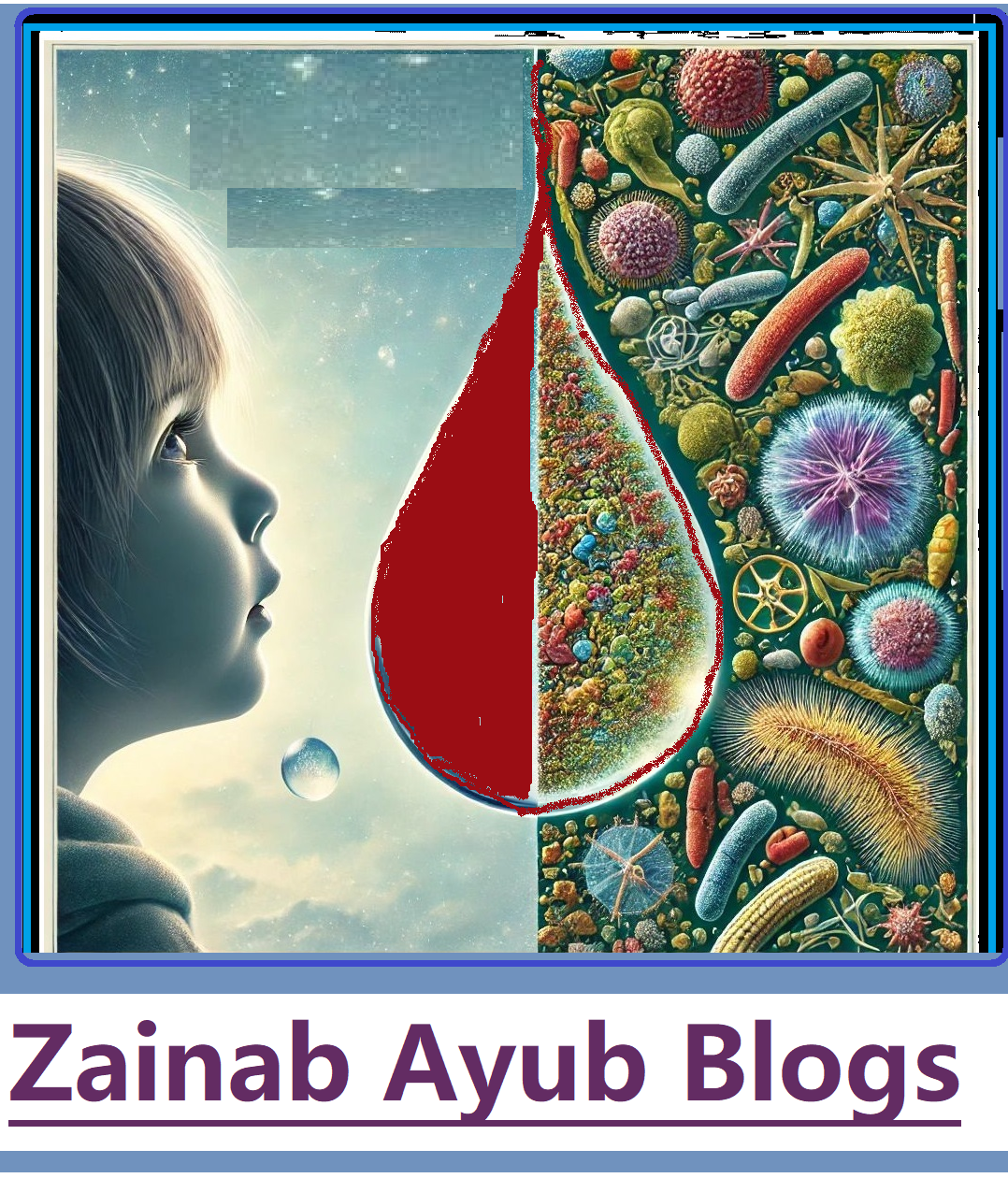Physical Address
304 North Cardinal St.
Dorchester Center, MA 02124
Physical Address
304 North Cardinal St.
Dorchester Center, MA 02124

Exploring Cutting-Edge innovation in Medicine and Healthcare

Exploring Cutting-Edge innovation in Medicine and Healthcare

Research on heart transplantation is centered around enhancing survival rates through various approaches. This includes improving organ preservation techniques, reducing rejection risks with advanced immunosuppressant therapies, finding the most suitable donor hearts, and developing plans to tackle complications such as allograft vasculopathy. There’s also a significant focus on understanding the psychological and social impacts on recipients after their surgery, all with the ultimate aim of ensuring the long-term success of heart transplants for those suffering from end-stage heart failure.
Key research areas in heart transplantation encompass:
Immunosuppression:
The goal is to create more effective and targeted immunosuppressive drugs that prevent organ rejection while reducing side effects. This includes exploring new mechanisms that specifically modulate the immune response against the transplanted heart.
Donor Organ Preservation:
Efforts are directed towards improving the quality and viability of donor hearts through optimized preservation solutions and methods like hypothermic oxygenated perfusion (HOP), which helps extend the storage time before transplantation.
Patient Selection Criteria:
Research is focused on identifying the most suitable candidates for heart transplantation by assessing factors such as age, medical history, and the severity of heart failure to enhance the likelihood of a successful transplant.
Surgical Techniques:
There is ongoing refinement of surgical procedures to decrease complications that may arise during transplantation, including advancements in revascularization techniques and handling complex anatomical differences.
Allograft Vasculopathy:
Investigations are being conducted into both the causes and prevention of allograft vasculopathy, a condition where the transplanted heart’s blood vessels sustain damage over time, potentially leading to graft failure.
Post-Transplant Management:
Efforts aim to optimize post-transplant care, which involves monitoring for rejection, managing immunosuppressive medications, facilitating cardiac rehabilitation, and providing psychological support to recipients.
Stem Cell Therapy:
Research is looking into the promise of stem cell therapy for regenerating damaged heart tissue or serving as an alternative to transplantation for certain patients.
Artificial Hearts and Ventricular Assist Devices (VADs):
Studies are focused on developing and improving artificial hearts and VADs as potential bridge-to-transplant solutions or permanent alternatives for those unsuitable for conventional heart transplants.
Important Considerations in Heart Transplant Research:
